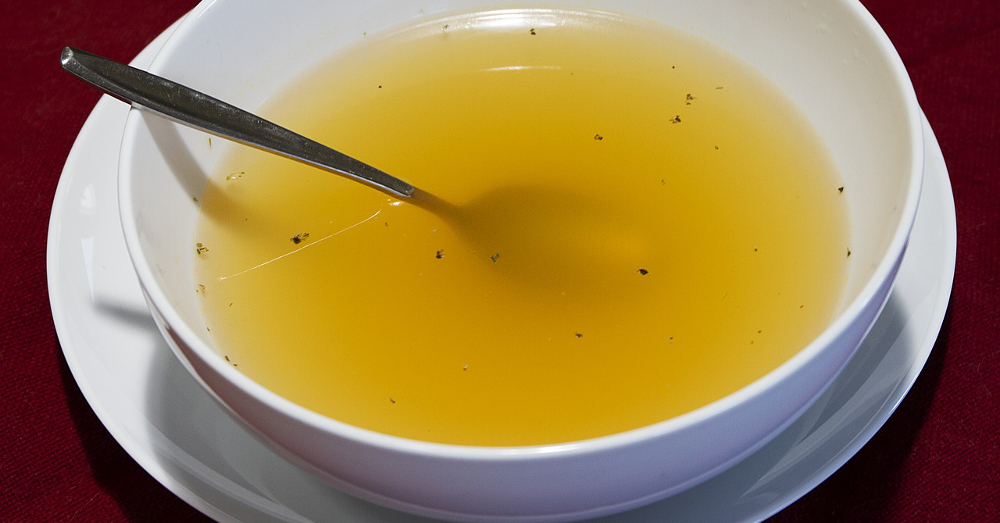
Do You Know How to Make Bone Broth and Why You Should?
Due to its medicinal properties, bone broth is one of the foods I highly recommend, and personally use, to maintain a healthy lifestyle.
February 20, 2017 | Source: Mercola.com | by Dr. Joseph Mercola
If you’ve been conditioned from childhood to eat “chicken soup” to tame a cold or soothe a sore throat, you may be surprised to learn that the broth rivals the chicken and the vegetables in providing the nutrients your body needs to fight infection.
Due to its medicinal properties, bone broth is one of the foods I highly recommend, and personally use, to maintain a healthy lifestyle.
While restaurants and store fronts dedicated to serving broth have popped up in cities such as New York1,2 and Los Angeles3 in recent years, the influence of bone broth on health and disease is nothing new.
Well before it was elevated to a trendy health drink by elite professional athletes, such as NBA star LeBron James and retired NBA icon Kobe Bryant,4 bone broth has been recognized, across cultures and for millennia, for its curative properties.
In earlier generations, when it was unthinkable to waste any part of an animal carcass, resourceful hunters and cooks mastered the art of simmering otherwise unusable cartilage, bones, hooves and skin to produce a hearty broth.
Over time, broth has become a dietary staple for not only the health conscious, but also for those struggling with digestive disorders and autoimmune diseases. Physicians harkening as far back as Hippocrates have associated bone broth with gut healing.
And while the importance of gut health has only recently begun to fill medical journals, the practical relationship between what we eat and how it affects our bodies has been well established for generations.
In some ways, we are now rediscovering many of the antidotes and home remedies that served our grandparents and great-grandparents well just a few generations ago.
What Is Bone Broth?
Bone broth is exactly what you may have guessed it is: broth made from animal bones. Homemade broth differs substantially from the canned, store-bought variety or the kind produced by adding boiling water to chemical-laden bouillon cubes.
Traditional soups containing meat and vegetables are typically cooked at most for one to two hours when using fresh ingredients. Bone broth, in its simplest form, is made using bones, vinegar and spices. It is simmered in a pot or slow cooker at least overnight, or as long as 24 to 72 hours.
Longer simmering times result in a more complete release of gelatin, minerals and other nutrients from the bones, which is key to realizing the many health-giving benefits and restorative properties this broth has to offer.
Why Should You Drink It?
Registered dietitian and founder of My Foodie Noodie, Kayla McDonell, asserts that drinking bone broth may provide the following six health benefits:5
Delivers many important vitamins and minerals
Benefits your digestive system
Fights inflammation
Supports joint health
Promotes weight loss
Improves sleep and brain function
“Bone broth has become very popular recently, especially among health-conscious individuals. This is because it’s believed to have many health benefits. Although there is no published research on bone broth itself, there’s plenty of evidence that suggests drinking it may be very beneficial.”6
Over the years, I have shared my perspectives on many of these benefits and will highlight them again now. Without a doubt, bone broth delivers a variety of important vitamins and minerals in a form your body can easily absorb and use.
Some of the nutrients available in bone broth include calcium, magnesium, phosphorus, potassium and other trace minerals that play an important role in healthy bone formation. Broth made from fish bones is also a good source of iodine, which supports your thyroid function.
